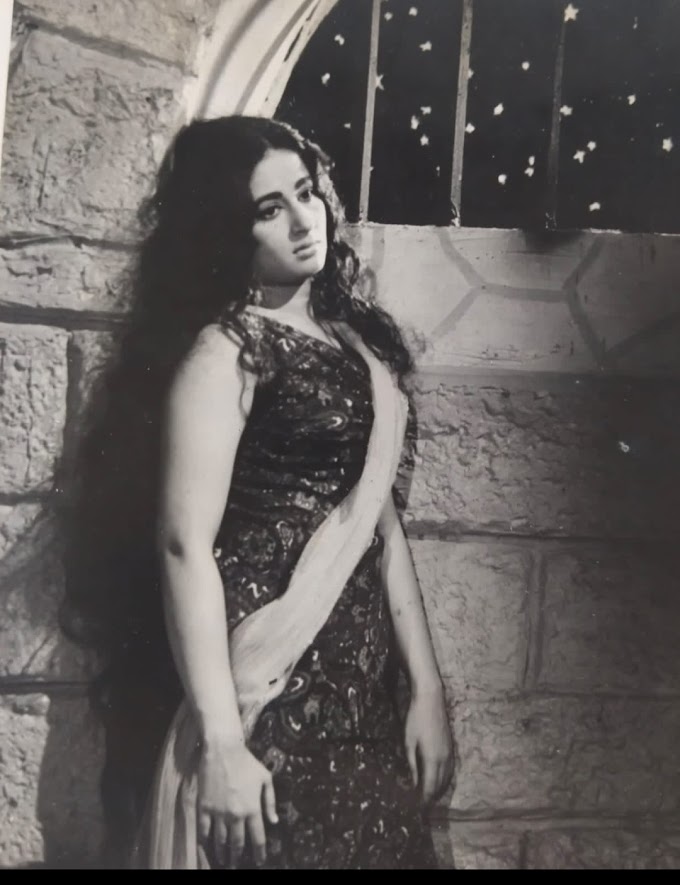Aap Jaisa Koi: Women Who Drove the Narrative in Hindi Cinema
Over the past decade, Hindi cinema has steadily embraced stories of women choosing themselves, their desires, dignity, and emotional well-being over societal conditioning. From defying patriarchy at home to unlearning generational baggage, these female characters aren’t just romantic leads; they’re emotional anchors. And with Aap Jaisa Koi, Netflix introduces us to another such woman: Madhu Bose, a quietly revolutionary character who lives, loves, and speaks on her own terms.
Here’s a look at some powerful women in Hindi cinema who rewrote the rules of love, life, and agency.
1. Madhu Bose in ‘Aap Jaisa Koi’
Bold yet soft, assertive yet empathetic, Madhu Bose doesn’t shout to be heard. She dismantles quiet misogyny at home, holds her ground in love, and refuses to dim her light to make others comfortable. Played with nuance by Fatima Sana Shaikh, Madhu’s arc is both inspiring and deeply relatable. Whether it's standing up to Shrirenu's (R. Madhavan) passive silence and problematic behaviour or encouraging Kusum Bhabhi (Ayesha Raza) to reclaim her voice, Madhu proves that emotional agency is the most radical form of love.
2. Badru in ‘Darlings’
Trapped in a cycle of domestic abuse, Badru reclaims her power not by walking away, but by flipping the narrative. Alia Bhatt’s layered performance brings vulnerability and quiet strength to a woman who refuses to be a victim, choosing survival and self-worth by any means available.
3. Sandhya in ‘Pagglait’
Expected to grieve by the book after her husband’s death, Sandhya instead stumbles into self-discovery. Her emotional numbness becomes a portal to clarity — she questions societal expectations, family pressures, and eventually rewrites her future on her own terms
4. Monica Machado in ‘Monica, O My Darling’
Fierce, manipulative, unapologetic , Monica isn’t your traditional heroine. But she owns her identity in a male-dominated world with unapologetic ambition. It’s rare to see a woman weaponize the rules of patriarchy to her own advantage, and Monica does it in style.
5. Meenakshi in ‘Meenakshi Sundareshwar’
Directed by Vivek Soni (who also helms Aap Jaisa Koi), Meenakshi Sundareshwar gave us a heroine who brought warmth, wit, and quiet resilience. While navigating a long-distance marriage and an emotionally underdeveloped husband, Meenakshi becomes the heart of the film. She speaks up, sets boundaries, and asks for equal emotional investment , reminding us that love without communication and respect is a hollow promise. Meenakshi’s ability to stand her ground while still holding space for love made her an early emblem of modern emotional agency in Indian cinema.
6.Ayesha and Farah in ‘Dil Dhadakne Do’
Zoya Akhtar’s Dil Dhadakne Do gave us two distinct but equally powerful portrayals of female agency. Ayesha navigates a stifling marriage and carves a path to reclaim her voice, ambition, and happiness. Farah is a self-made woman who owns her choices and refuses to be apologetic about her ambition or independence. Together, they represent women who refuse to settle — even in the face of love or tradition.
These women aren’t just characters—they’re mirrors, mentors, and reminders that love isn’t love unless it allows you to grow. Aap Jaisa Koi joins this powerful legacy, spotlighting modern romance through a long-overdue female lens.
Stream these titles and more, only on Netflix.








